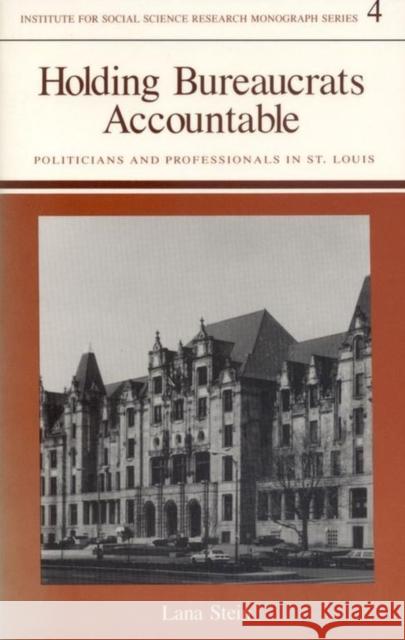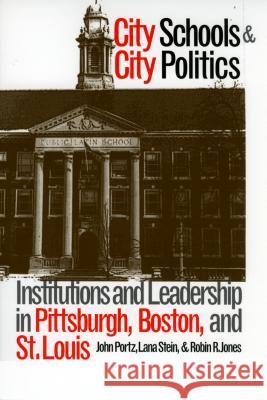topmenu
Wyniki wyszukiwania:
wyszukanych pozycji: 2
 |
Holding Bureaucrats Accountable: Politicians and Professionals in St. Louis
ISBN: 9780817305192 / Angielski / Miękka / 1991 / 152 str. Termin realizacji zamówienia: ok. 22 dni roboczych. |
cena:
92,44 |
 |
City Schools and City Politics
ISBN: 9780700609802 / Angielski / Miękka / 1999 / 208 str. Termin realizacji zamówienia: ok. 22 dni roboczych. Educational reform is one of the most critical issues facing our cities, but some cities are better at it than others. To explain why, this book relates education to politics, showing how the "whole village" can be mobilized to better educate tomorrow's citizens. City Schools and City Politics is based on an eleven-city NSF study of civic capacity and urban education. As participants in that study, the authors conducted research in three rustbelt cities that have lost much of their tax base and have legacies of machine politics. They analyzed the ways in which government, business,...
Educational reform is one of the most critical issues facing our cities, but some cities are better at it than others. To explain why, this book relat...
|
cena:
111,91 |










